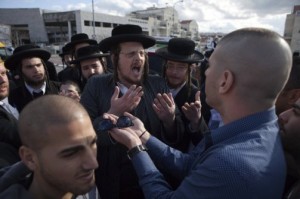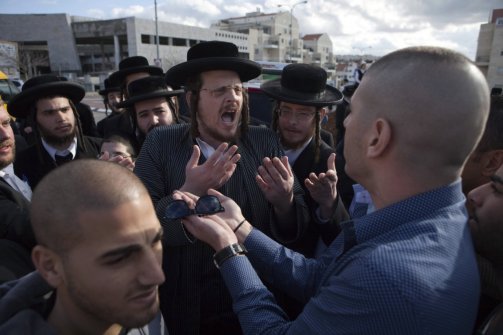
An Israeli government committee has outlined a controversial piece of legislation that would end ultra-Orthodox exemption from military service. The current legislation permits members of the Haredi, or ultra-Orthodox community, exemption from military service if they are engaged in the study of the Torah.
Their exemption has become increasingly untenable in a country where the Haredim are expected to make up one third of Israel’s population in the near future.
The impetus for the committee’s proposal was a ruling earlier this year by the Israeli Supreme Court saying the exception for the ultra-Orthodox was unconstitutional and inequitable.
The ruling obligates Benjamin Netanyahu’s coalition government to revise Israel’s military operations, which is based on a conscription-based force that also demands women participate in the military.
Instead, the controversial ruling threatens break apart the newly-formed coalition comprised of a wide representation of Israel’s political spectrum.
Netanyahu is stuck between a rock and a hard place. The Kadima members who led the drafting of the new legislation have demanded that it be fully implemented or else their party will leave the coalition.
At the same time, there is immense pressure from the religious members of the coalition for Netenyahu to defend their constituents’ privileges. On the Shas website, Rabbi Moshe Frenkel railed at Kadima member Shaul Mofaz, claiming that the Vice Prime Minister is using the draft-ruling as a potential campaign issue in the event that the coalition collapses and new elections are held.
The issue of Haredi serving in the military is only the most recent flashpoint in a national debate about the responsibilities and relationship between religious communities and state welfare in Israel.




